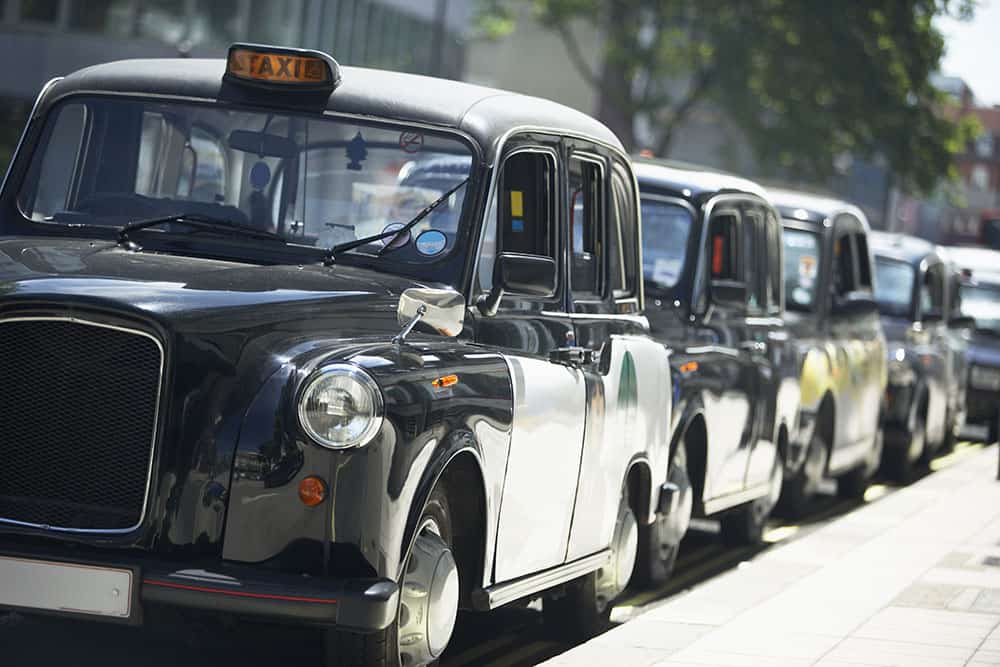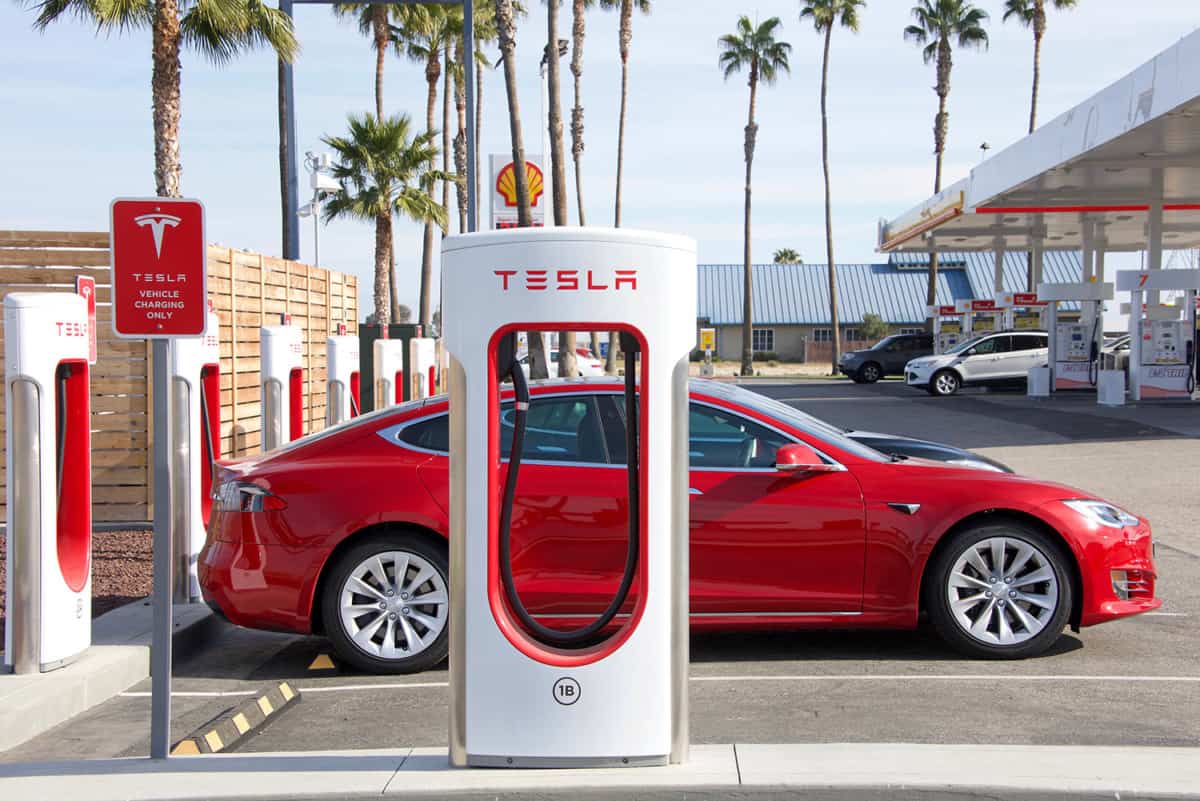You’ve offset your flight’s carbon emissions or taken the train instead, but the vehicle you get in to complete your trip is part of the climate problem as well.
The taxi, minibus or hire car you use can be big local polluters, especially if they are old. London’s diesel black cabs, for example, are estimated to pump out a quarter of the capital’s nitrogen oxide fumes and are no longer licensed, although they remain exempt from the new Ultra Low Emissions Zone charge.

A revolution is underway, however, and the whirr of an electric motor is more and more common. Greener transport providers should now be on any buyer’s supplier list, because while offsetting of journeys using fossil fuel vehicles is one part of the solution, the emissions produced by them can literally be a killer for those who live in cities.
Detractors will point out the toxic processes involved in manufacturing batteries for electric cars and the production of electricity, but when it comes to arguments about pollution at a local level, there is no defence.
Data from Carbon Brief concluded in 2019: ‘The lifetime emissions per kilometre of driving a Nissan Leaf EV were about three times lower than for the average conventional car, even before accounting for the falling carbon intensity of electricity generation during the car’s lifetime.’
Car hire firms’ buying power means they are on the case in response to growing demand for sustainability, particularly from corporates. Europcar, for example, intends one third of its fleet to be electric, hybrid or plug-in hybrid by the end of 2023.
Europcar’s aim is for car emissions to average 93g of CO2 per km by the end of 2024. It is on the right road, as the European Environment Agency estimates average CO2 emissions from new cars was 122.3g per km in 2019, compared to 172g in 2000. Worryingly and against all we’re being told by the environmental lobby, this last figure has risen slightly since 2017 due to our taste for SUVs and bigger cars in general.
Nevertheless, fleet buyers remain influential. Hertz has just signed a deal in the US to put 100,000 Teslas into its fleet by the end of 2022 and another for 50,000 to be used on the Uber network by 2023. The additions mean electric vehicles will comprise “more than 20%” of the Hertz global fleet.

Big purchasers like Hertz and Europcar also play a role in the used car market, because what was once a new, expensive Tesla becomes a more affordable second-hand vehicle for a consumer when it is sold off after a year or so.
One constraint on electric vehicle use, particularly outside of urban areas, remains the lack of charge points. Canny hotels are filling the gaps, installing them to attract business travellers whose travel polices now veer more towards sustainability.
Transfer and taxi firms are also having to make the switch to sustainable vehicles because corporates are requesting them.
An example is FREE NOW, the ride-hailing service that offers black cabs and private hire vehicles, which aims to offer an electric option to every client, with all UK vehicles ‘100% zero-emission capable by 2025, including all taxis by 2024’. It says that as corporates consolidate travel programmes after Covid, sustainability has been brought to the fore.
Taking it down another level, there are now sustainable options for that annoying distance that’s too far to walk but not far enough to justify a cab. That’s where electric bikes and e-scooters come into their own. E-scooters are only legal in the UK if you rent from recognised trial schemes, which are due to end in March 2022. Schemes are running in locations from Yeovil to York, with rates typically at under 20p a minute.

Until e-scooters become commonplace, electric bikes are a more viable alternative. Velib Metropole, for example, boasts that 35% of its 20,000 hire bikes in Paris are now electric.
There can be no argument electric vehicles of any kind are preferable to those burning fossil fuels, but just how much more sustainable they are is difficult to gauge. For cars, there is no common standard for vehicle emissions that considers the source of power used – for example electricity from coal-fired power stations – or how it is driven, which will affect consumption, no matter which fuel type.
These standards will hopefully emerge soon, helping to speed the cut in conventional exhaust gases – emissions that perhaps one day will clear totally.
To find out more about how Meon can help you meet your sustainability goals please contact us by email at [email protected] or by telephone at +44 (0)116 264 5270.






